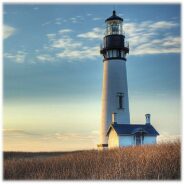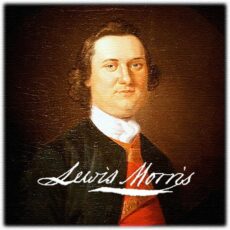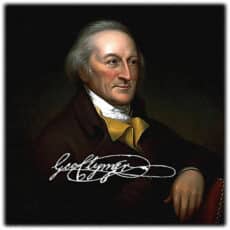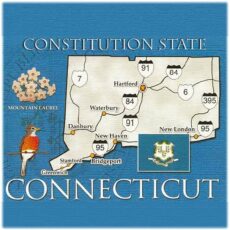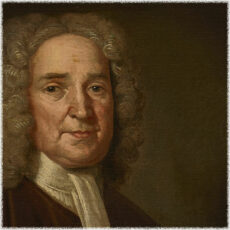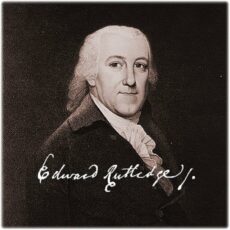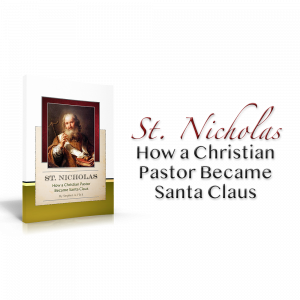Results for: "Christian Calendar (Holidays)"
The results for your search of "Christian Calendar (Holidays)" are listed below. Please click on the title or image to navigate to the desired item.
Please check the page navigation indicator at the top right or bottom right of the results to determine the number of search pages containing articles with the keyword(s): "Christian Calendar (Holidays)".
Lewis Morris
American History, Christian Calendar (Holidays), Christian History, January Articles, Signers of Declaration of Independence
Lewis Morris (April 8, 1726 – January 22, 1798) was an American landowner and developer from Morrisania, New York. He signed the Declaration of Independence as a delegate to the Continental Congress from New York. The brief biographical sketch of his life presented below is taken from the nineteenth-century work, Lives of the Signers of the Declaration of Independence by Rev. Charles Goodrich. Article Contents * Click headings to navigate; click headings to return. A Thumbnail Sketch Related Articles Anchor Elements Article Notes and Sources A Thumbnail Sketch Lewis Morris was born at the...Read more... Read more... -->
George Clymer
American History, Christian Calendar (Holidays), Christian History, January Articles, Signers of Declaration of Independence
January 24, 1813 Signer George Clymer passes away George Clymer (March 16, 1739 – January 24, 1813) was an American politician and founding father. He was one of the last Patriots to advocate complete independence from Britain. As a Pennsylvania representative, Clymer was, along with five others, a signatory of both the Declaration of Independence and the U.S. Constitution. Points of significance include the following:George Clymer Orphaned at seven, was raised by an uncle, and followed his uncle into mercantilism in Philadelphia, Pennsylvania; Accepted a commission as captain over a company...Read more... Read more... -->
Christianity and America’s First Constitution
American History, Christian Calendar (Holidays), Christian History, January Articles
January 24, 1639 America's First Constitution Have you ever seen a car license plate from the state of Connecticut? If you have, do you remember the slogan emblazoned on it? Connecticut is called the "Constitution State," but very few of us know why it has been given this title. The reason Connecticut is called the Constitution State is because of a Christian minister and his belief that the Bible contains all of the principles necessary for happy contented living including the Christian's involvement in matters of government or politics. The pastor's name was Thomas Hooker. He was born...Read more... Read more... -->
Preacher Begins Prelude to American Revolution
American History, Christian Calendar (Holidays), Christian History, January Articles
Welcome, and thank you for choosing to listen. Christian Heritage Fellowship is a listener supported organization, dedicated to reclaiming America's Christian Heritage and celebrating the life-changing influence of the Gospel around the world. Our organization remains committed to this purpose through the faithful giving of our friends and ministry family. If you can help us financially, we would sincerely appreciate it. A podcast of this article may be downloaded by selecting the download icon on the flyout tab of the listen button. And now, here is another episode from our post library,...Read more... Read more... -->
Edward Rutledge
January Articles, Signers of Declaration of Independence
January 23, 1800 Death of Signer, Edward Rutledge Edward Rutledge (November 23, 1749 – January 23, 1800) was an American politician and youngest signer of the United States Declaration of Independence. He later served as the 39th Governor of South Carolina. The brief biographical sketch of his life presented below is taken from the nineteenth-century work, Lives of the Signers of the Declaration of Independence by Rev.Charles Goodrich.Edward Rutledge Article Contents * Click headings to navigate; click headings to return. A Thumbnail Sketch Related Articles Anchor Elements Article Notes and...Read more... Read more... -->

